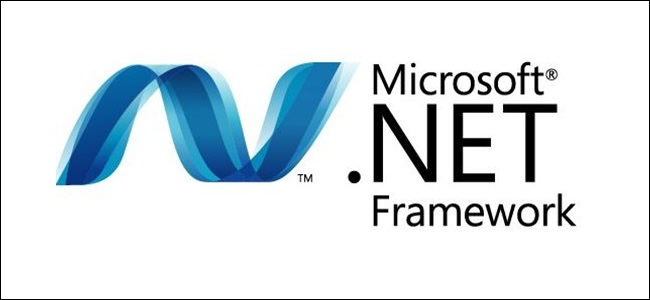What is .NET Framework?
The .NET Framework is a software framework developed by Microsoft that provides a programming model and runtime environment for building and running applications on Windows-based systems. It offers a wide range of libraries, tools, and services that simplify the development, deployment, and maintenance of various types of applications.
What is .NET Framework?
The .NET Framework is a software development platform developed by Microsoft. It provides a comprehensive programming model, libraries, and runtime environment for creating and running applications on Windows-based systems.
The .NET Framework supports multiple programming languages, including C#, Visual Basic.NET (VB.NET), and F#, allowing developers to choose the language they prefer while leveraging the capabilities of the framework. It provides a common set of class libraries and runtime services that facilitate tasks such as memory management, exception handling, security, and more.
Key components of the .NET Framework
Key components of the .NET Framework include:
Common Language Runtime (CLR): The CLR serves as the execution engine of the framework. It manages the execution of .NET programs, providing features such as automatic memory management (garbage collection), type safety, and exception handling.
Base Class Library (BCL): The BCL is a collection of classes, interfaces, and value types that provide a wide range of functionality to .NET applications. It includes classes for file I/O, networking, database access, cryptography, and many other common tasks.
Language Interoperability: The .NET Framework allows different .NET languages to interoperate seamlessly, enabling developers to leverage code written in different languages within the same application.
Development Tools: Microsoft provides various development tools, such as Visual Studio, that offer an integrated development environment (IDE) for creating, debugging, and deploying .NET applications. These tools provide features like code editors, project management, and debugging tools to enhance the development experience.
.NET Framework adoption
The .NET Framework has been widely adopted for developing a broad range of applications, including desktop applications, web applications, mobile apps, and web services. In recent years, Microsoft has introduced newer versions of the framework, such as .NET Core and .NET 5, which offer improved performance, cross-platform support, and a more modular architecture.



